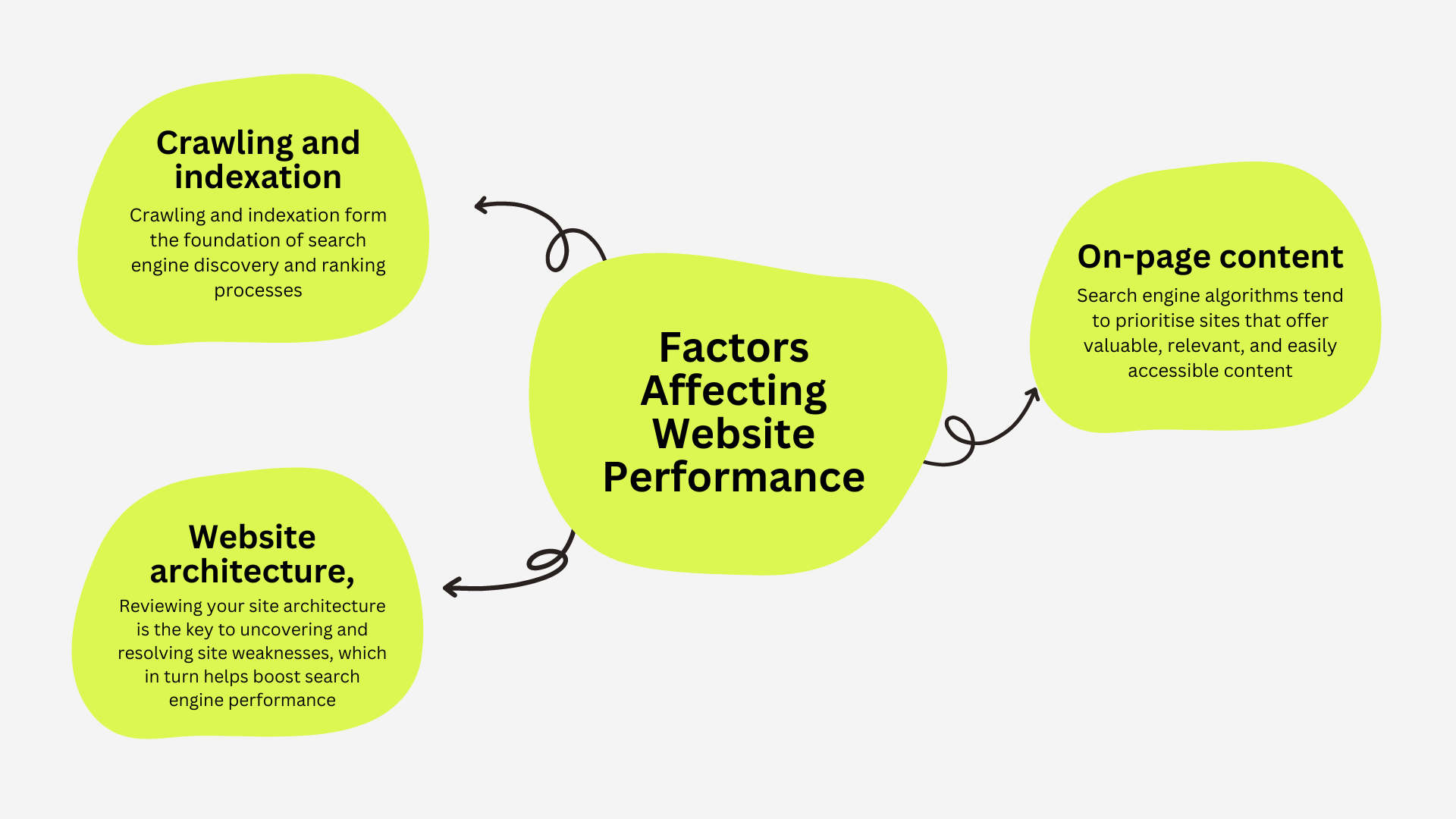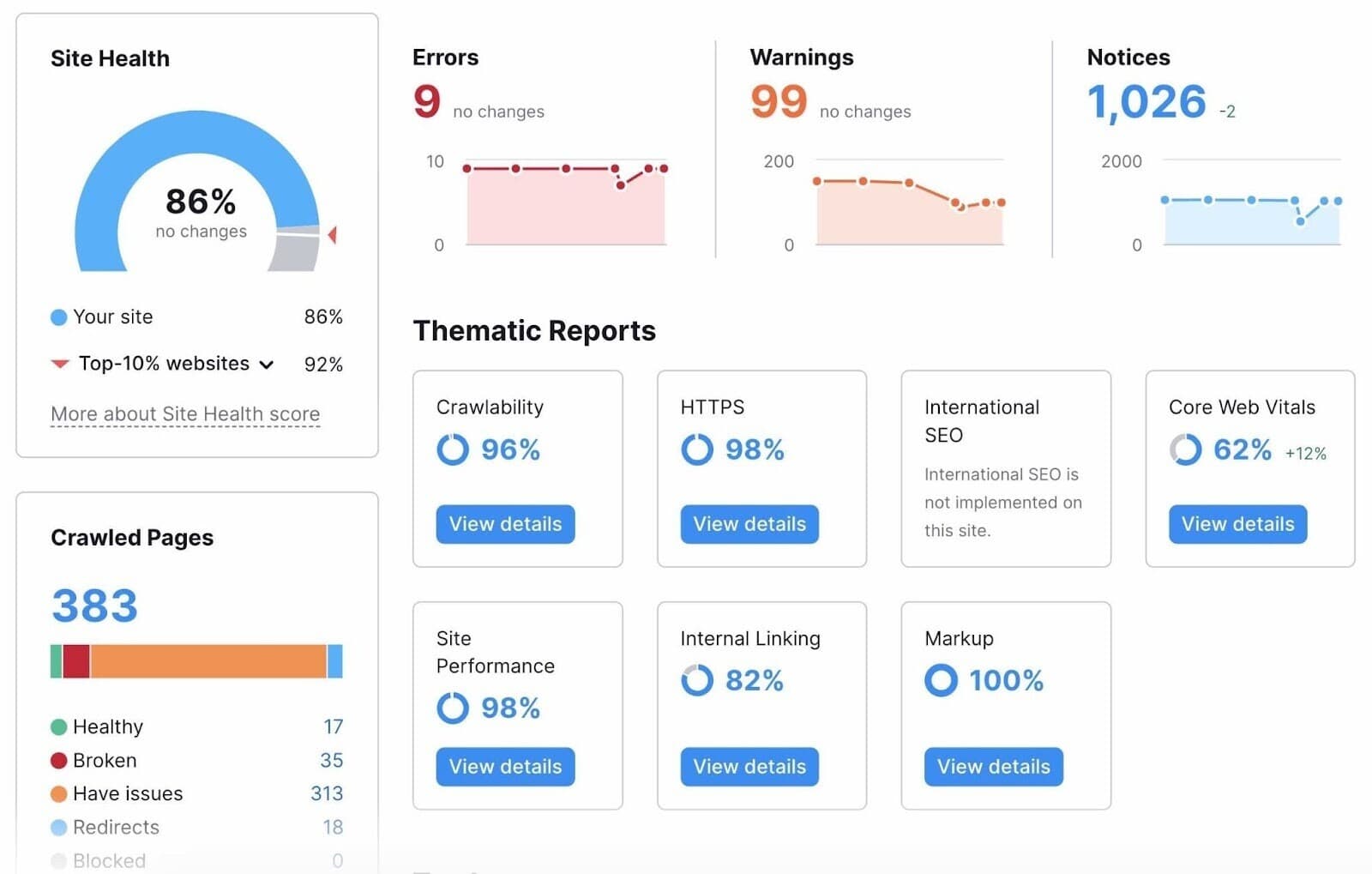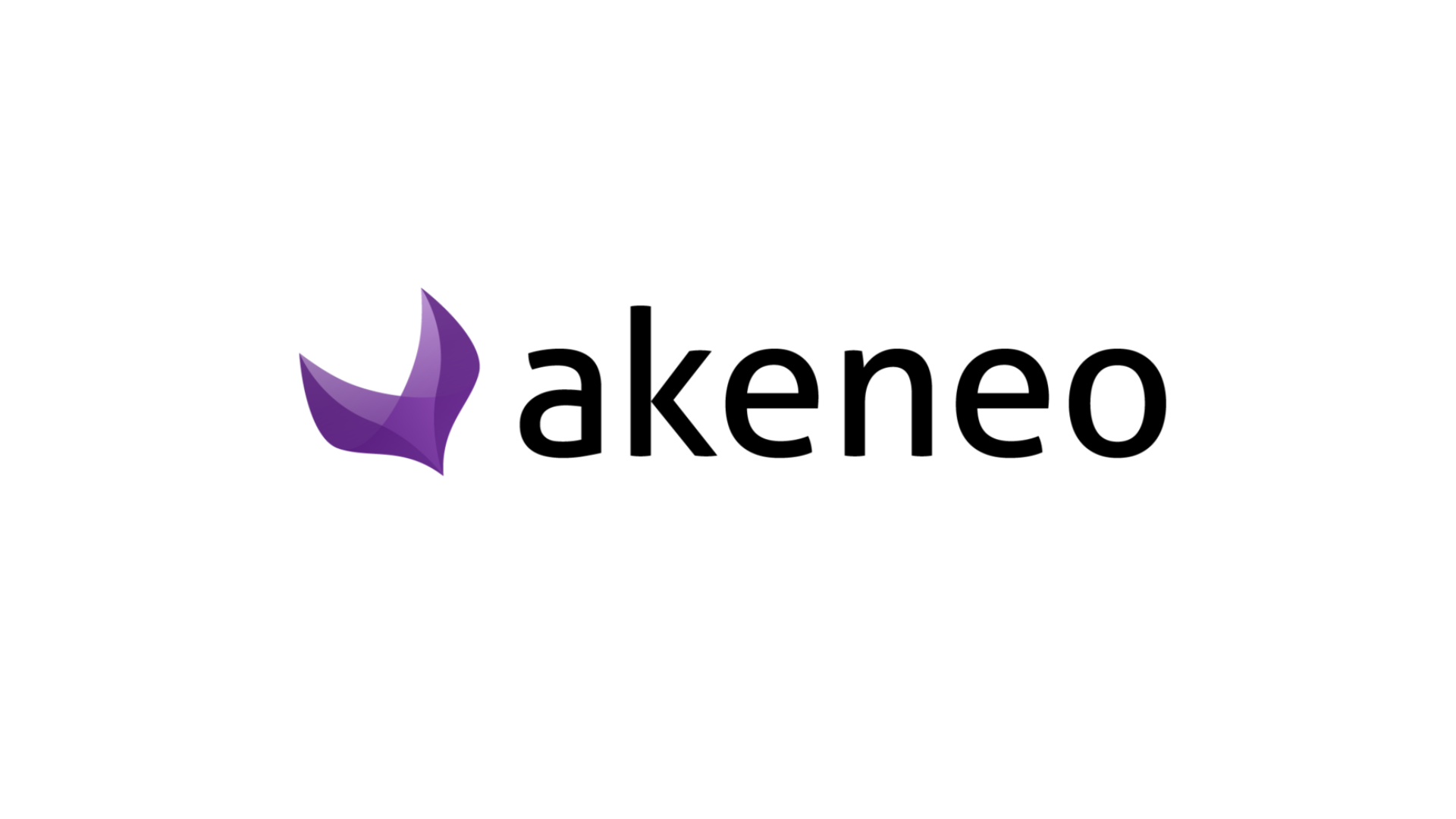Ecommerce has revolutionised our consumer behaviour and shopping habits. With the unprecedented growth in online shopping, which surged during the pandemic, it is expected that retail ecommerce sales in the UK will continue to rise. UK ecommerce sales exhibited steady growth throughout 2022, culminating in a surge of nearly 58% in August compared to the corresponding period in 2021.
By 2025, the forecasted retail ecommerce sales as a share of total retail sales in the UK could reach 38.1%. This means that as the number of ecommerce businesses increases and competition intensifies, having a strong online presence has become an indispensable factor in distinguishing oneself from competitors. In the upcoming years, businesses must rely on their resilience and focus on the aspects that are under their control to ensure optimal site visits and conversion. How can they ensure that the ecommerce site is performing at its best?
Several factors contribute to a website's success. One key element is conducting an ecommerce SEO site audit. Technical SEO audits are essential for improving the overall performance of the website and avoiding missed potential in today's competitive landscape.
Factors Affecting Website Performance
Technical SEO audits help to identify any technical issues your ecommerce website may have and provide actionable recommendations to address them. To elaborate on the importance of technical SEO audits, it is essential to understand the various factors that impact performance.
These factors include, but are not limited to:
Crawling and indexation,
Website architecture,
On-page content.
By focusing on these three key factors during an ecommerce SEO site audit, you can effectively tackle the most important aspects of your ecommerce website's performance without overwhelming yourself with information.
It's important to acknowledge that there are other technical SEO elements, for example, page speed, mobile-friendliness, and Core Web Vitals elements that contribute to a site's success. However, by prioritising crawling and indexation, website architecture, and on-page content, you can create a strong foundation and achieve good results for your website.

Ecommerce SEO Site Audit : Crawling and indexation
Google's web crawler gathers information from billions of web pages and organise it into the search index. The crawling process begins with a bot accessing a URL. Once the page is discovered, the bot crawls and analyses its content, including text and non-text elements such as images and videos, as well as its visual layout. This helps the bot determine if the page is suitable for appearing in the search results. The process of assessing a page's relevance and eligibility for search results is called indexing.
Crawling and indexation form the foundation of search engine discovery and ranking processes. An ecommerce SEO site audit enables the identification and addressing of any issues in the following critical areas.
Meta robots tag
Incorrect usage of a meta robots tag (for example, "noindex" or "nofollow") in your pages' HTML head can cause crawling and indexing problems which may lead to reduced visibility in search results. An ecommerce SEO site audit should always include a review of meta robots tags to ensure they are correctly implemented across the site.
Robots.txt
An improperly configured robots.txt file may be blocking search engine bots from crawling specific parts or the entire website. Regularly reviewing and updating your robots.txt file ensures that search engine bots can access and index your content and products correctly and promptly.
XML Sitemap
An outdated or erroneous sitemap can prevent search engine bots from discovering your pages. Regularly auditing and updating your sitemap ensures that search engines can efficiently discover and index your site's content. This is particularly important for ecommerce websites with a vast number of products.
404 URLs and orphan pages
Regularly reviewing your URLs is important for good SEO performance: having some amount of 404 on the website is completely normal. However, if a substantial number of your product pages return 404 errors, this may suggest that your website has issues that could hinder crawling and indexation. Orphan pages, in particular, can create problems as they are pages that exist on your website but have no internal links pointing to them, making them challenging for search engines to understand and negatively impacting UX. To avoid orphaned pages, you must link them.
JavaScript crawlability and indexation
Optimising JavaScript for SEO is crucial to ensure search engines can effectively crawl, render, and index JavaScript-generated content. Auditing your site's JavaScript implementation can help you with discoverability and address indexation challenges. Following best practices for JavaScript will significantly enhance your website's performance and rankings.
Inaccurate or omitted canonical tags
Canonical tags can have a significant impact on ecommerce product pages. They are used to signal the most authoritative page version to Search Engines. In an ecommerce context, this means that if multiple product pages have similar content, the canonical tag helps Google identify the preferred version to show in the search results. When canonical tags are incorrect or missing, it creates confusion for Google and can lead to indexing and ranking issues. As a result, Google may select and crawl a different version of the product page, treating the remaining pages as duplicates with reduced crawling frequency. By identifying and addressing issues with canonical tags, ecommerce businesses can ensure that their product pages are accurately represented in search results and avoid any negative impacts on their online sales.
Hreflang tags
Hreflang tags indicate to search engines which language and geographic market a particular page is intended for, making it essential for international ecommerce websites to implement correctly. Missing or incorrectly implemented hreflang tags can lead to indexation issues and hinder search engine crawlers from understanding which version of a page to serve to users based on their language or location. This can result in poor search rankings and decreased visibility in target regions. Auditing hreflang tags helps to stay visible and not be ignored by search engine bots.
Ecommerce SEO Site Audit : Site Architecture
A website's architecture plays a vital role in its ranking potential. A well-organised site architecture assists users in locating needed information, increases the probability of user conversion, and improves your search engine performance. Reviewing your site architecture is the key to uncovering and resolving site weaknesses, which in turn helps boost search engine performance
Site Navigation
During the technical SEO audit, you need to evaluate the site's navigation to ensure it is user-friendly and organised, allowing both users and search engine bots to explore the site with ease. Ensure your main navigation is accessible and logical, and does not rely solely on JavaScript which could influence crawlers and UX.
URL structure
Having clear and descriptive URLs is vital for user experience and SEO. Complex and generic URLs can make it difficult for users and search engine bots to understand the content of a page and navigate the site, leading to a decrease in engagement and conversions. Instead, use clear, descriptive paths and incorporate relevant keywords to accurately represent the page content. Consistent, descriptive URL structures are essential for clarity and ease of understanding.
Internal Link
Internal links are essential for assisting users in navigating through different product pages, categories, and subcategories on ecommerce websites. These links not only help users explore your site but also enable search engines to understand its structure. Breadcrumbs, which display a hierarchical trail of links, can also be considered as internal links. Their goal is to help users understand their location within the site while also assisting search engines in comprehending the site's hierarchy. It's important to audit internal links regularly to ensure that they do not return 404, are functional and relevant to your website's content and structure.
Pagination
Pagination is essential in ecommerce as it enables customers to browse through different products seamlessly. Improperly implemented pagination can lead to bad UX, duplicate content issues and inefficiencies in search engine crawling and indexing.
It's important to thoroughly review your pagination setup, making sure to include self-referencing canonical tags in your HTML code and checking for the presence of rel=next and rel=prev tags. While Google may no longer use rel=next and rel=prev tags — other bots still do.
Schema
Schema markup is necessary for providing search engines with more detailed information about your products and services: their pricing, availability, and reviews. If the markup is inaccurate or incomplete, it can cause your website to miss out on opportunities to stand out in search results. Schema markup can enable rich snippets to be displayed in search results. This can boost click-through rates and drive more traffic to your site. Therefore, it is important to regularly audit your schema markup to ensure that it is functioning, accurate and up-to-date.
Ecommerce SEO Site Audit: On-page Factors
On-page elements hold significant importance in technical SEO audits for ecommerce websites. Search engine algorithms tend to prioritise sites that offer valuable, relevant, and easily accessible content. By dedicating time and effort to examine and refine your on-page components, you can create a strong foundation for long-term SEO success and enhance the overall user experience for the visitors of your site.
Content Quality
Nowadays the quality and uniqueness of the content play a crucial role. During a technical SEO audit, you might uncover pages with content that offers minimal or no value to users. Having such pages on your website can negatively impact search engine rankings and result in lower visibility of your site. By enhancing content quality, you can offer a better user experience and increase your website's visibility in search results
Duplicate content
Duplicate content can confuse search engines and lead to indexing problems, potentially causing the wrong page getting indexed. By pinpointing and addressing duplicate content issues timely, you can help search engines understand which pages to prioritize and improve your site's performance.
Title tags and Meta descriptions
During an audit, it is important to review and address any missing or poorly optimised title tags and meta descriptions. Through optimisation, you can increase the likelihood of users clicking on your pages and provide search engines with more context about your content. This can result in improved search engine rankings and visibility of your ecommerce website.
Header structure
Proper use of header tags, such as H1, H2, and H3, can help bots to indicate the most important content on a page.
Missing or incorrectly used header tags can confuse search engines and negatively impact your rankings. Therefore, reviewing header tags is crucial in technical SEO audits to ensure your website's content is optimally structured for search engines and user experience.
Images
The main goal of optimising images is to boost your website's SEO and increase accessibility. An image audit can identify images that lack alt tags, which helps search engines understand the image's purpose and its relation to the content. Meanwhile, identifying and compressing overly large images can improve site loading times and provide a smoother browsing experience for users. Image compression speeds up site loading times, making it easier for users to access and navigate the website. Conducting a technical SEO audit can help to identify and tackle image-related issues

Sem Rush is a great tool to help you spot issues within your site. A full site audit with Sem Rush allows you to check for broken pages, links, and problems with basic html tags, detect complex issues related to international SEO, crawlability, and schema optimisation.
While we have covered a range of issues, keep in mind that there will be additional challenges unique to your ecommerce site. A thorough ecommerce SEO site audit helps to identify and address these specific concerns, ensuring your website performs at its best and remains competitive in the ever-evolving digital landscape.
We advise performing SEO audits at least once a year or following major site updates for peak performance. In the end, regular technical SEO audits help identify and fix any technical issues, improving the potential to rank higher, generate more traffic and ultimately bring more revenue. Collaboration with our skilled digital marketing SEO team guarantees to provide actionable insights, ensuring your website achieves maximum performance and SEO success.

I’m hands-on with our client’s SEO from inception, to strategy, right the way to implementation. It’s my job to keep my finger on the pulse of what’s new in SEO industry and make sure we stay on the cutting edge.




